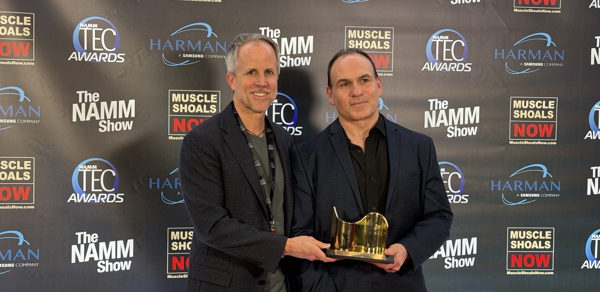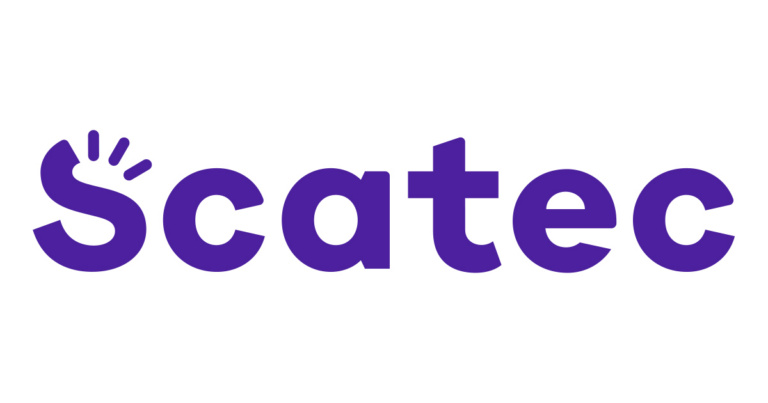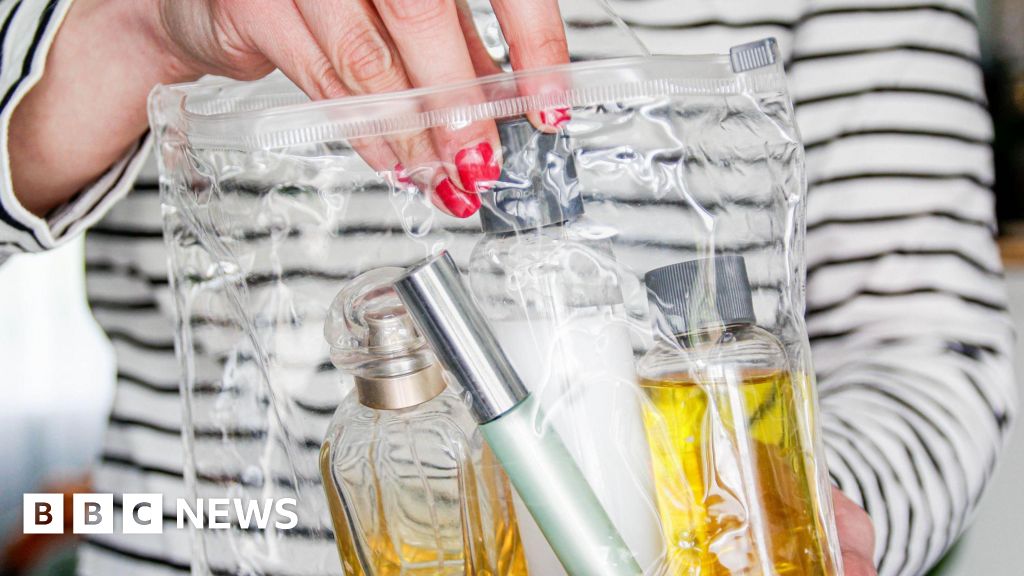While the company does not present earnings in the traditional quarterly profit-and-loss sense, its production and operational metrics are closely watched by investors because they are the leading indicators of revenue and profitability in subsequent financial results.
Strong half-year 2025 performance sets benchmark
In its half-year 2025 results for the six months ended 30 June 2025, Fresnillo recorded a substantial improvement in profitability, with profit for the period rising sharply (up nearly 300% percent year-on-year (YoY) to United States (US)$467.6 million), reflecting the combined impact of higher precious metals prices, strong gold production and disciplined cost control.
The group grew total revenue by about 30 percent in the first half (H1) of 2025 versus H1 2024 and declared a 20.8 US cent interim dividend, underpinned by robust free cash flow and the company’s dividend policy.
Since improved cost performance and higher metals prices during 2025 supported profitability, investors will be wondering whether this strong momentum will continue in 2026 at a time when gold and silver prices are trading in or close to record highs.
Key themes for the upcoming trading statement
Investors will be looking for several key themes in the early 2026 trading update that will shape their assessment of Fresnillo’s operational performance. Given the central role of metal prices in translating physical production into financial performance, commentary on realised prices in the latter part of the year – especially for silver and gold – will be important, as price volatility, currency movements and hedging can materially affect revenue outcomes.
The trends in ore grades and volumes processed at Fresnillo’s major mines will also draw focus, particularly if changes in production mix reflect improved access to higher-grade zones or the impact of mine sequencing on short-term output.
Another critical point will be any additional detail on the Silverstream contract and its contribution or reduction in attributable silver output, as Fresnillo has been evaluating legacy arrangements that can have asymmetric effects on reported production metrics. This contract has historically complicated production reporting.
Operational cost trajectories – including energy, labour and treatment charges – will also be scrutinised, because cost efficiency is a key determinant of margin capture in precious metals operations.
Forward guidance and strategic priorities
Beyond the production figures themselves, investors will watch for management’s forward operational commentary and priorities for 2026 and beyond. Fresnillo has underscored safety as a central focus and continues to pursue efficiencies across its portfolio.
Any insight into exploration progress, longer-term project pipelines or new asset investments could colour expectations for future growth, especially as the company balances near-term production stability with long-term reserve replacement.
Production metrics to monitor
Several specific metrics will provide crucial insight into operational performance:
- Total silver production versus full-year guidance
- Gold output and comparison with prior year performance
- Ore grades at key mines
- Lead and zinc byproduct production levels
- All-in sustaining costs (AISC) and cost efficiency trends
Precious metals price environment
The precious metals price environment significantly influences Fresnillo’s revenue despite physical production being the primary operational focus. Silver and gold prices have been rising sharply through 2025 and early 2026, driven by multiple factors including monetary policy expectations, geopolitical tensions and investment demand.
Strategies on how to trade gold have become increasingly popular as investors seek portfolio diversification and inflation hedges.
Recent share price performance
Market sentiment ahead of the January trading update has been positive, reflecting confidence in Fresnillo’s operational execution. Fresnillo’s share price is trading in record highs and outperforms the broader FTSE 100 index, reflecting broader strength in precious metals equities and investor confidence in Fresnillo’s 2026 guidance underpinned by stable production and disciplined cost management.
This strong share price performance sets high expectations for the upcoming trading statement. Any disappointment relative to guidance could trigger profit-taking, whilst results meeting or exceeding expectations may support further gains.
Precious metals mining shares often trade based on underlying commodity price expectations as much as company-specific fundamentals. Fresnillo benefits from both operational leverage to metals prices and its operational track record.
The company’s valuation reflects premium pricing compared with some mining peers, justified by its position as the world’s largest primary silver producer and consistent operational delivery. The upcoming Q4 sales and revenue releaqse will test whether this valuation premium remains warranted.
Competitive positioning in precious metals sector
Fresnillo occupies a unique position within the global precious metals mining sector. Its focus on primary silver production differentiates it from gold-focused miners and diversified mining companies with precious metals exposure.
The company’s Mexican asset base provides geographic concentration that brings both benefits and risks. Established operations, infrastructure and expertise create competitive advantages, but political and regulatory risks are concentrated in a single jurisdiction.
Scale matters in mining, and Fresnillo’s position as the world’s largest primary silver producer provides cost advantages and market influence. The company’s substantial production volumes give it meaningful presence in global silver markets.
Commodity trading dynamics in precious metals markets influence investor sentiment towards producers. Strong physical demand and supportive pricing environments enhance the attractiveness of mining equities like Fresnillo.
Cost management in mining operations
Cost management represents a critical challenge for mining companies globally and will be a key focus of Fresnillo’s Q4 report. Energy costs, labour expenses and consumables pricing all impact operating margins and profitability.
All-in sustaining costs (AISC) provide the most comprehensive measure of mining cost efficiency, incorporating direct production costs, sustaining capital expenditure and other operating expenses. Fresnillo’s AISC trends indicate management’s effectiveness in controlling costs.
Safety and operational excellence
Safety performance remains paramount for mining companies from both ethical and operational perspectives. Fresnillo has emphasised safety as a core priority, and the Q4 report may include commentary on safety metrics and initiatives.
Operational excellence extends beyond safety to encompass reliability, throughput optimisation and asset utilisation. Consistent operational performance supports predictable production and helps meet guidance targets.
Mining operations face inherent geological and technical risks including grade variability, ground conditions and equipment reliability. How effectively Fresnillo navigates these operational challenges impacts production consistency.
The company’s track record of meeting production guidance builds credibility with investors and supports confidence in forward-looking targets. Any significant variances from guidance would likely be scrutinised carefully for underlying causes.
What the production report means for investors
In sum, the 28 January 2026 production report will serve as a key indicator of Fresnillo’s operational health at the close of 2025, setting expectations ahead of its preliminary full-year financial results. A stable or improved production outcome – especially in silver and gold – alongside constructive cost commentary could reinforce confidence in the company’s ability to navigate price volatility and deliver value through its diversified portfolio.
Conversely, material deviations from guidance or unexpected operational issues could prompt reassessment of near-term earnings prospects in a sector where physical output is the primary driver of value.
The report will also provide context for assessing 2026 guidance and medium-term production outlook.
Fresnillo analyst ratings and technical analysis of its share price
Fundamental analysts hold a neutral stance on Fresnillo, assigning a long-term consensus price target of 2941.23p, which suggests approximately 27% downside from current levels as of 23 January 2026.
Fresnillo LSEG Data & Analytics chart











